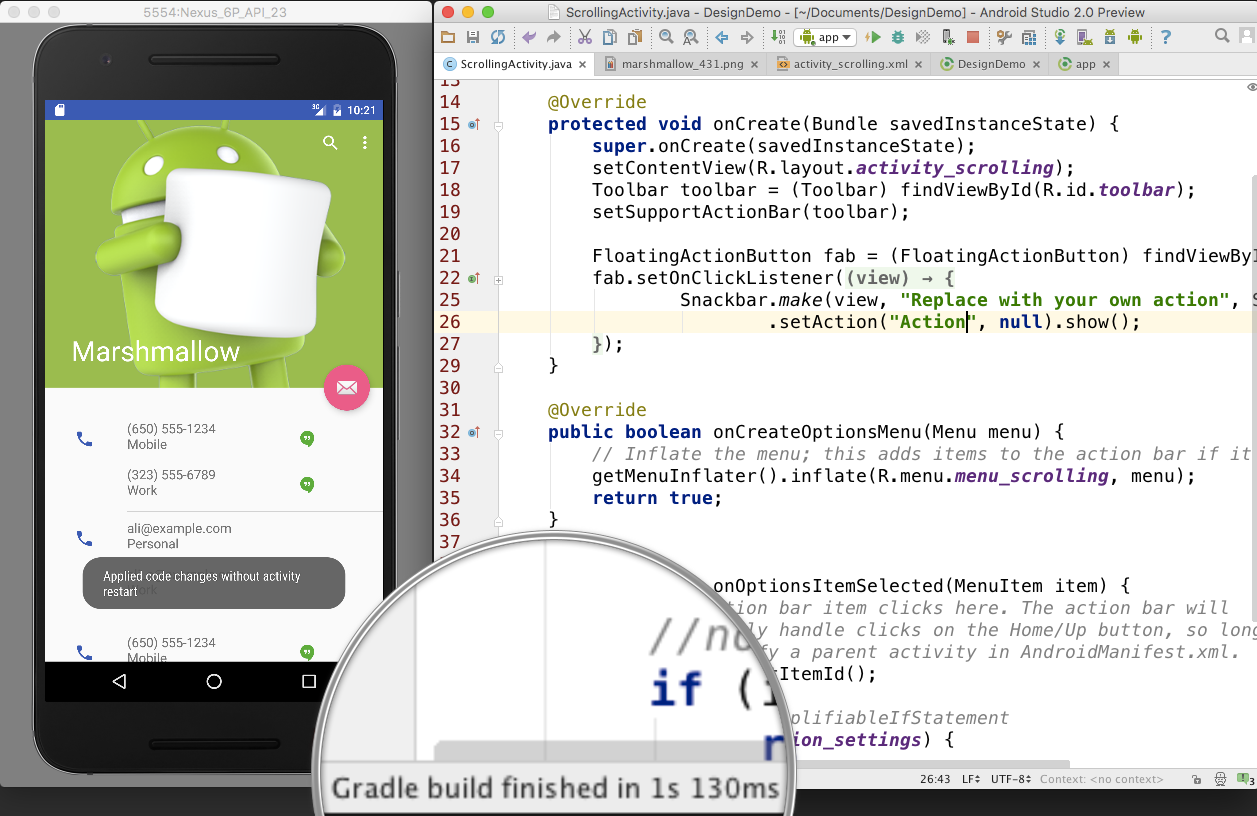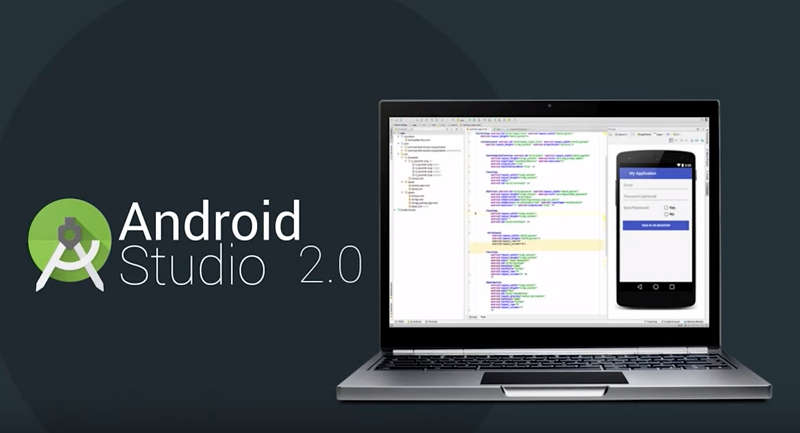

The Android Studio 3.2 will also lend a helping hand when you want to work out with the advanced technologies including the Android Jetpack, Android Slices, and Artificial Intelligence (AI). The Energy profiler will help developers trace the energy consumption of their apps, effectively managing the power consumption of apps in different scenarios. In fact, it would also support in improving the battery life of the device. As the name suggests, this feature is evidently helpful in boosting the energy strips of your app through a set of tools. One of the other vital features that have made its inception in Android 3.2 is the Energy Profiler.

Therefore, if you are looking to accelerate the speed of test run or go for much quicker boot using the Android Emulator Snapshots is the feature to bank upon. Precisely it involves the latest screenshot including the apps and settings.Īnd the most interesting part is that it allows you to continue or even boot your emulator within a couple of seconds. The Android Emulator Snapshots has been introduced by Google to help the developers to capture the picture or the snapshot of the recent state of the emulator at a faster pace. Android Emulator Snapshots and the Energy Profiler. However, before that we would be commencing with the two most important features of the new version of Android Studio, i.e. So, let’s down to the 20 newly introduced features in the Android Studio 3.2 and discuss each of these in some brief. Indeed, the Android app developers have already started to witness the reduction in app size ranging between 11 to 64% by employing the app bundles to APK app size. You just have to upload the app bundle to the Google Play Store, that’s it. Even the task of smaller optimized app distribution has become simplified. They can create a bundle with least of the efforts. However, this time round it has released a set of 20 new features, focusing on improvement of quality and refining its functionality.Īs already indicated, the developers will find it much easier to deal with the Android App Bundle, which is the new app publishing format.

In fact, Google had announced about the unveiling of Android Studio 3.2 way before at its I/O conference 2018. With this unroll it would be more than convenient for the developers to develop the Android App Bundle using the newly used OS version, the Android P.

The story of a series of releases began with Android Pie, and then came the Google Flutter Preview 2 and now Google has launched the stable version of Android Studio 3.2, which you can start downloading.


 0 kommentar(er)
0 kommentar(er)
